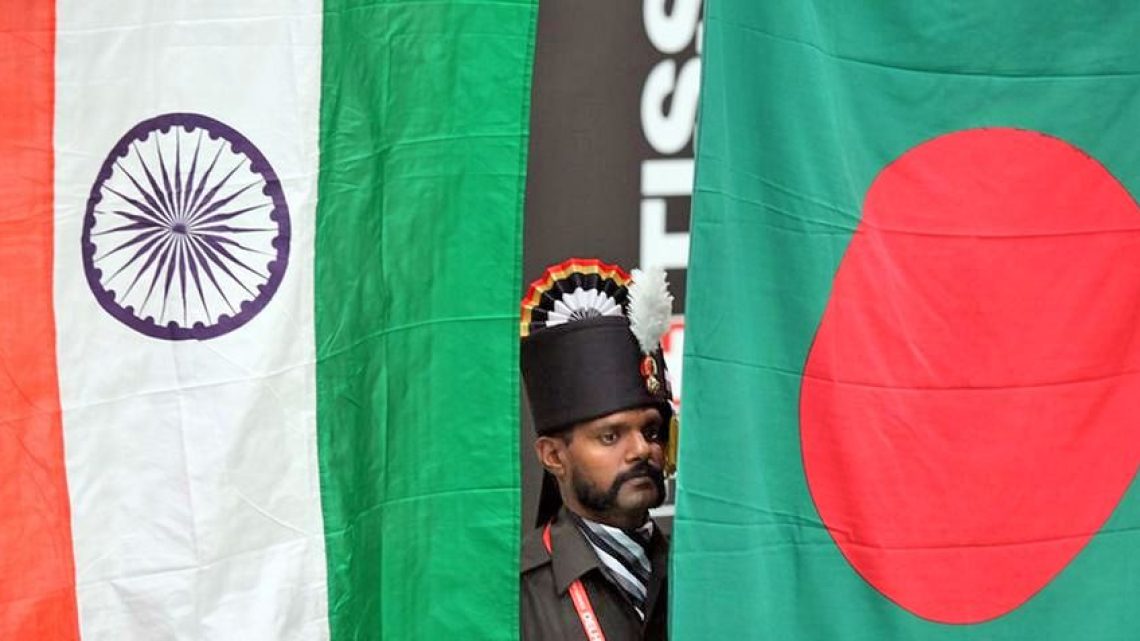
India-Bangladesh Border Killings: A Persistent Strain on Bilateral Relations
April 5, 2024The recurring occurrence of border killings by the Border Security Force (BSF) has become a persistent source of tension in the relationship between India and Bangladesh. Over the past five years, more than 160 Bangladeshi nationals have lost their lives at the hands of the BSF, purportedly under the guise of enforcing India’s zero-tolerance policy against smuggling. Bangladesh, in turn, has officially reported over 2000 civilian and military casualties over the last two decades due to such incidents.
The most recent episode unfolded on March 26/27, 2024, when two Bangladeshi nationals, Al Amin (38) and Liton (18), were allegedly shot dead by the BSF in Lalmonirhat. The Border Guard Bangladesh (BGB) contends that the victims were targeted while engaging in cattle smuggling from India. These incidents have sparked widespread condemnation from the Bangladeshi public and opposition parties, who view them as emblematic of the BSF’s harsh treatment towards Bangladesh. They have called upon the government to take decisive action in collaboration with India to prevent further loss of life along the border.
However, critics point to the protracted silence of the ruling Awami League (AL) government as indicative of its subservience to India’s interests. This perceived lack of assertiveness has exacerbated sentiments of resentment and animosity among the Bangladeshi populace, not only towards Prime Minister Hasina’s administration but also towards India itself.
These border killings represent more than just isolated incidents; they underscore broader issues within the Indo-Bangladesh relationship. Beyond the loss of life and the strain on diplomatic ties, they highlight underlying grievances and power dynamics at play. Bangladesh sees itself as bearing the brunt of India’s stringent border control measures, which it perceives as disproportionately aggressive and detrimental to its citizens’ well-being.
From India’s perspective, the BSF’s actions are framed within the context of national security and the need to combat illegal activities such as smuggling. However, the heavy toll on innocent lives has prompted calls for a reevaluation of border enforcement strategies to ensure they are both effective and humane.
Addressing the root causes of these border tensions requires a multipronged approach. It involves not only enhanced cooperation between the two nations’ border security forces but also broader dialogue on issues such as trade, economic development, and regional stability. Moreover, it necessitates a more proactive stance from the Bangladeshi government in safeguarding the rights and safety of its citizens along the border.
Ultimately, the resolution of border killings and the restoration of trust between India and Bangladesh hinge on a commitment to mutual respect, dialogue, and a shared vision of peace and prosperity for both nations. Anything short of this risks perpetuating the cycle of violence and mistrust that has plagued their relationship for far too long.

